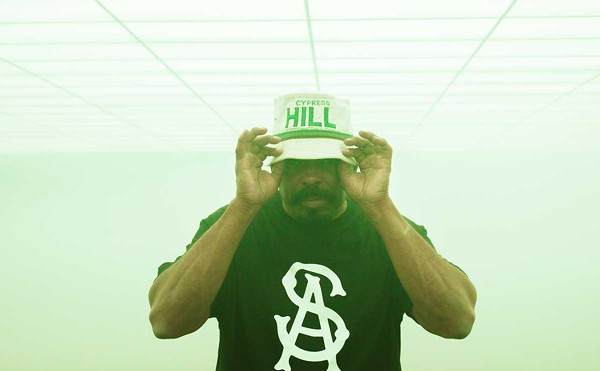A reissue like this — remastered and expanded to two discs, no less — provides the opportunity to reassess a work that, due to the passage of time and endless critical navel-gazing, is so iconic that its very title has become cultural shorthand. All the more unfortunate, then, that reviewers thus far have seemed hamstrung by history; not even the usually reliable Mojo, in its April review of Rumours, was able to muster much commentary beyond the usual D&D (that’s drugs ’n’ divorce to you) Mac yarn.
Yet it might be nice to discuss some of the newly presented material, 18 tracks’ worth, in fact. To point out, for example, the strikingly different phases that Stevie Nicks’ “Gold Dust Woman” (available here in both demo and outtake form) went through as it progressed to its final incarnation on the album proper; or to examine unreleased tunes like “Planets Of The Universe” (which would resurface years later on a Nicks solo album) and freewheeling studio jam “For Duster” (a deliberate harking back to the band’s early blues roots). Just on those counts, Rumours v.04 appears to have certain elements Mac fans or even just archival-minded students of pop might find intriguing.
Or perhaps it would even be prudent to challenge common wisdom that consistently locates Fleetwood Mac at some vague nexus of SoCal soft-rock-dom. Why is it that Lindsay Buckingham’s “Go Your Own Way” is rarely given its proper contextual due? The tune’s a thrumming, jangly power-pop classic, close sonic kin in fact to the Flamin’ Groovies’ “Shake Some Action” — a record that appeared in stores, perhaps not so coincidentally, the same year as Rumours — and bearing nary a whiff of Pop Lite. It’s also worth noting that Rumours now includes “Silver Springs,” the legendary “lost” song excised at the last minute from the original album, finally restored to its intended place in the track list (between “Songbird” and “The Chain”). Wholly dissimilar from the rest of Rumours, it’s a marvel of soul-infused, almost gospelish restraint for the normally effusive Stevie Nicks. When she confronts her straying paramour (Buckingham, duh) with the lines, “Don’t say that she’s pretty/ Did she say that she loved you?/ Baby, I don’t want to know,” sung in a voice that’s half childlike and half accusatory, well, anyone who’s ever experienced, or practiced, infidelity won’t fail to gulp or turn red-faced. The tune’s shock of immediacy and familiarity further serves as evidence of songwriting that’s timeless — wholly apart from any notions of history or image. But when was the last time you read about Nicks the songwriter? It’s always Nicks the ditz, or Nicks the mistress or Nicks the cocaine witch.
Don’t think I’m a Mac apologist. I’m not even a huge fan of the classic Buckingham-Nicks Mac era. These are just things that I wonder about.
E-mail Fred Mills at [email protected].





